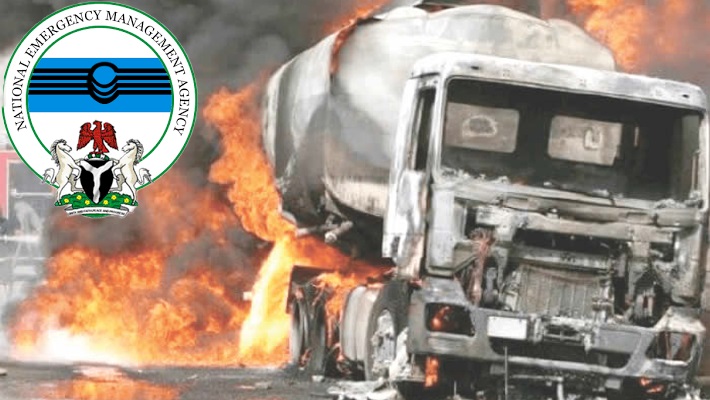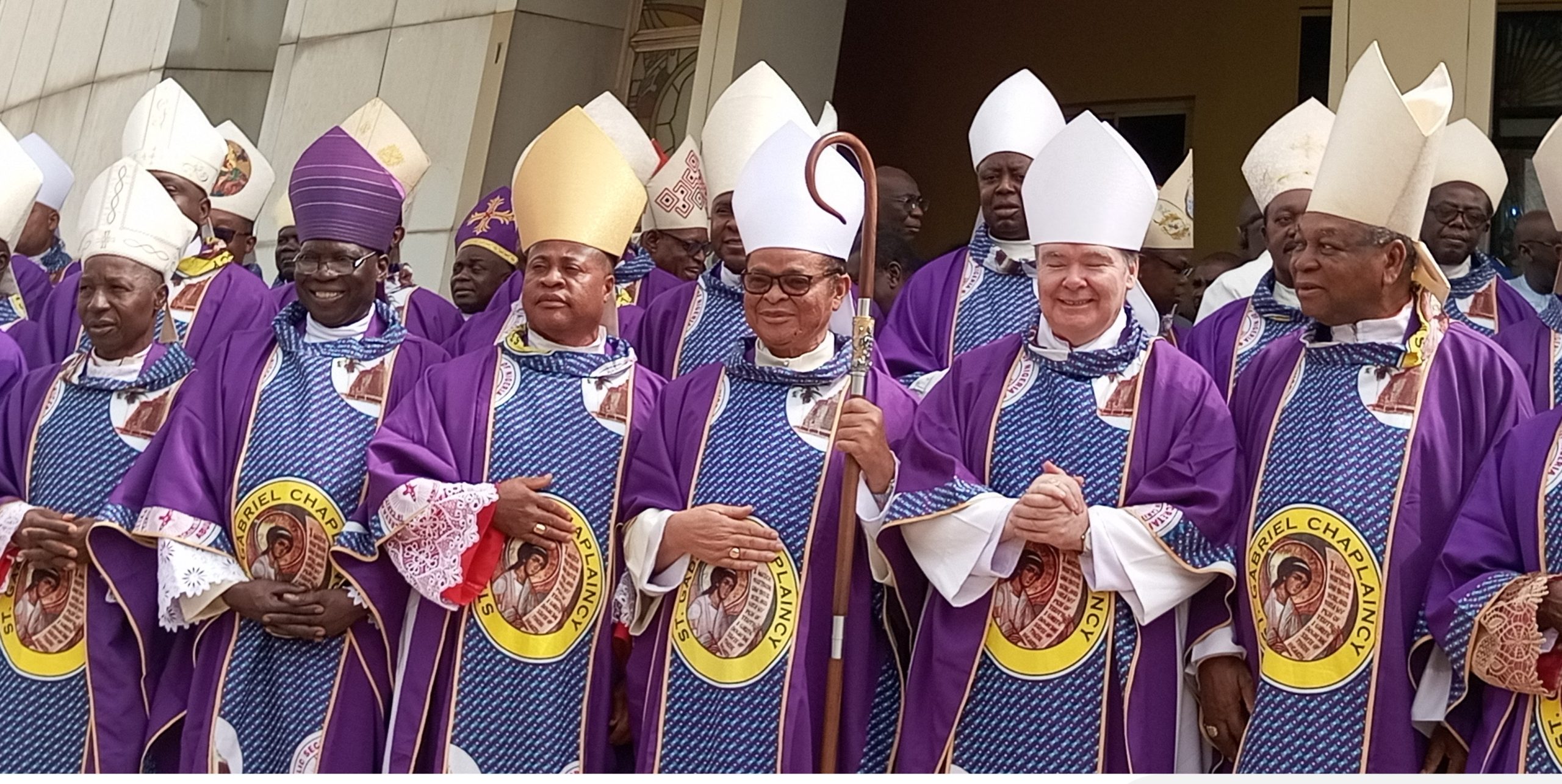In a proactive move to prevent fuel tanker explosions, Nigeria’s National Emergency Management Agency (NEMA) conducted a comprehensive simulation and public awareness campaign on Wednesday in Kano, highlighting the increasing danger posed by tanker accidents in the country.
The exercise, held at the NNPC depot in Hotoro, aimed to sensitise tanker drivers and the general public to the dangers of fuel transportation mishaps. Dr Nuradeen Abdullahi, NEMA’s Territorial Coordinator for Kano and Jigawa, said the drill was part of a wider strategy to mitigate the frequent and often fatal incidents involving fuel tankers.
“Tanker explosions are a serious urban hazard. Through these drills, we hope to build inter-agency capacity and reinforce safe practices among drivers,” Abdullahi explained.
Multiple agencies, including the Federal Fire Service, Red Cross, FRSC, NDLEA, and SEMA, participated in live emergency demonstrations — showcasing joint responses to simulated fuel spills and fire outbreaks.
Kano’s Emergency Management Agency (SEMA) urged drivers to internalise the safety messages from the drill. “Public safety is in your hands. Remain alert, drug-free, and cautious,” said Executive Secretary Alhaji Isyaku Abdullahi-Kubarachi.
The NDLEA, through its deputy commander Bulus Musa, warned that drug abuse among tanker drivers amplifies the risk of catastrophic accidents. “It’s like putting petrol and fire in one container,” he said.
The drivers’ union welcomed the initiative. “This exercise is timely,” noted Alhaji Sanin Malam, chairman of the Petroleum Tanker Drivers (Kano Branch). “Our internal rules prohibit drug use and night driving. We enforce them strictly.”
Federal Fire Service Controller Khazeem Sholadoye-Oyefola also stressed that most fire incidents result from negligence. “Prevention begins with awareness. Drivers must be alert and responsible,” he said.
The event featured academic contributions as well. Dr Suleiman Yunus from Bayero University Kano delivered a keynote address urging more public outreach and systemic collaboration to curb disasters stemming from fuel tanker accidents.
As fuel transportation continues to pose safety concerns across Nigeria, stakeholders hope the lessons from Kano will serve as a national model for risk reduction and preparedness.





